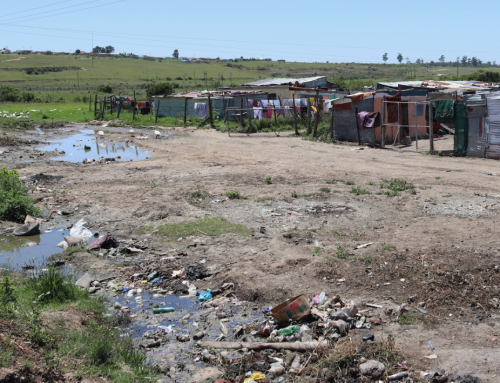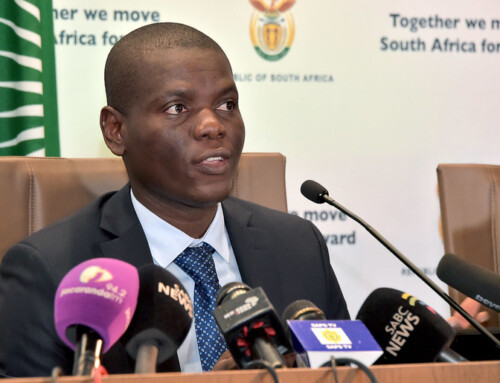 Media Statement by Mr Nqabayomzi Kwankwa, MP, UDM Deputy President and Chief Whip
Media Statement by Mr Nqabayomzi Kwankwa, MP, UDM Deputy President and Chief Whip
Recently, Nomantu Nkomo-Ralehoko, Gauteng’s MEC for Health and Wellness, disclosed that the department allocates R14.3 million annually to employ eleven Cuban doctors in public hospitals, as part of an agreement between South Africa and Cuba.
This initiative raises concerns, as South Africa already has a large number of unemployed qualified medical professionals who have completed their community service. It is disheartening to see them sidelined while thousands of unemployed individuals across the country remain without work.
This is particularly concerning because South Africa currently has a substantial number of unemployed qualified medical professionals who have completed their community service. However, they remain sidelined, while thousands of unemployed individuals across the country are also seeking employment.
Earlier this year, it was reported that nearly 700 South African medical doctors (previously 800) had not been able to find a job in the public sector since qualifying. This issue extends to highly trained nurses who also face challenges in being absorbed by the healthcare system. The Health Department has consistently cited budget constraints, rising salaries, and high medical negligence claims payouts as reasons for being unable to afford these placements. However, it is surprising that the same department is willing to allocate millions of Rands to employ only eleven Cuban doctors.
The unemployment of doctors amidst a dire shortage exacerbates the already disastrous state of the public sector. Recent statistics reveal that there are approximately three doctors for every 10,000 patients, yet we have trained doctors sitting at home; it’s a shame on our government. While honouring an agreement with Cuba is not inherently a bad idea, what is more distressing is witnessing the government ignore our own people. These unemployed doctors could not only help close the gap in the shortage of doctors but also make a meaningful contribution to the economy by expanding the tax base, among other benefits.
The Department of Health isn’t the sole gatekeeper on employment; the Department of Basic Education plays a significant role as well. Minister Angie Motshekga confirmed the existence of over 31,400 vacant teaching positions in schools across the country, while thousands of teaching graduates remain unemployed. This exacerbates the ongoing challenge of teacher shortages, particularly in public schools located in peripheral areas.
The United Democratic Movement (UDM) expresses greater concern over the Department of Education’s failure to employ qualified teachers. The shortage of teachers not only impacts job performance but also results in uncovered syllabi, heightened stress among educators due to heavy workloads, and subpar academic performance among students. This negligence underscores a lack of dedication to the advancement of young professionals and their opportunities for economic mobility, reflecting poorly on those entrusted with leading the country.
The UDM has repeatedly emphasised that the current government lacks genuine concern for the well-being of South Africans. Corruption, cadre deployment, and maladministration are rampant, further exacerbating the challenges faced by the nation. The dire situation is evident in the unemployment crisis affecting qualified doctors and teachers, occurring against the backdrop of the highest unemployment rate, which reached 32.1% in Q4 of 2023. This underscores the urgent need for effective governance to address these pressing issues and prioritise the welfare of the people.
The UDM asserts that the Department of Health’s challenges stem from inadequate planning, not just budget cuts. The department must develop strategic plans to address employment creation, fill shortages, and ensure effective public healthcare delivery. Additionally, the UDM urges the Department of Health to promptly request financial support from National Treasury to establish a dedicated budget for the employment of South African doctors. This proactive approach is crucial to address the critical shortage of healthcare professionals and enhance healthcare services nationwide.
Furthermore, the Committee on Basic Education in Parliament should hold the Minister of Basic Education accountable for the 31,400 vacant teaching posts at schools. Regardless of who holds the position of Minister of Basic Education in the new administration, they should be given a two-month deadline to ensure that all these vacancies are filled.






























